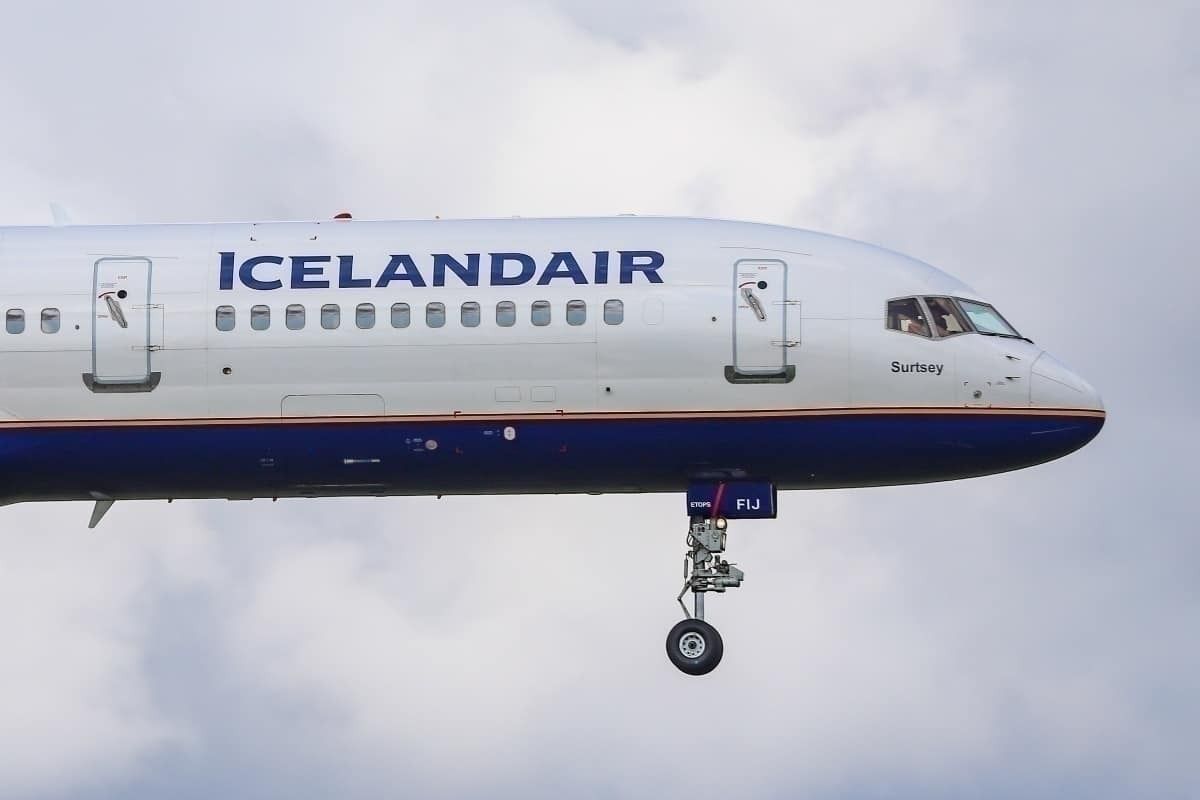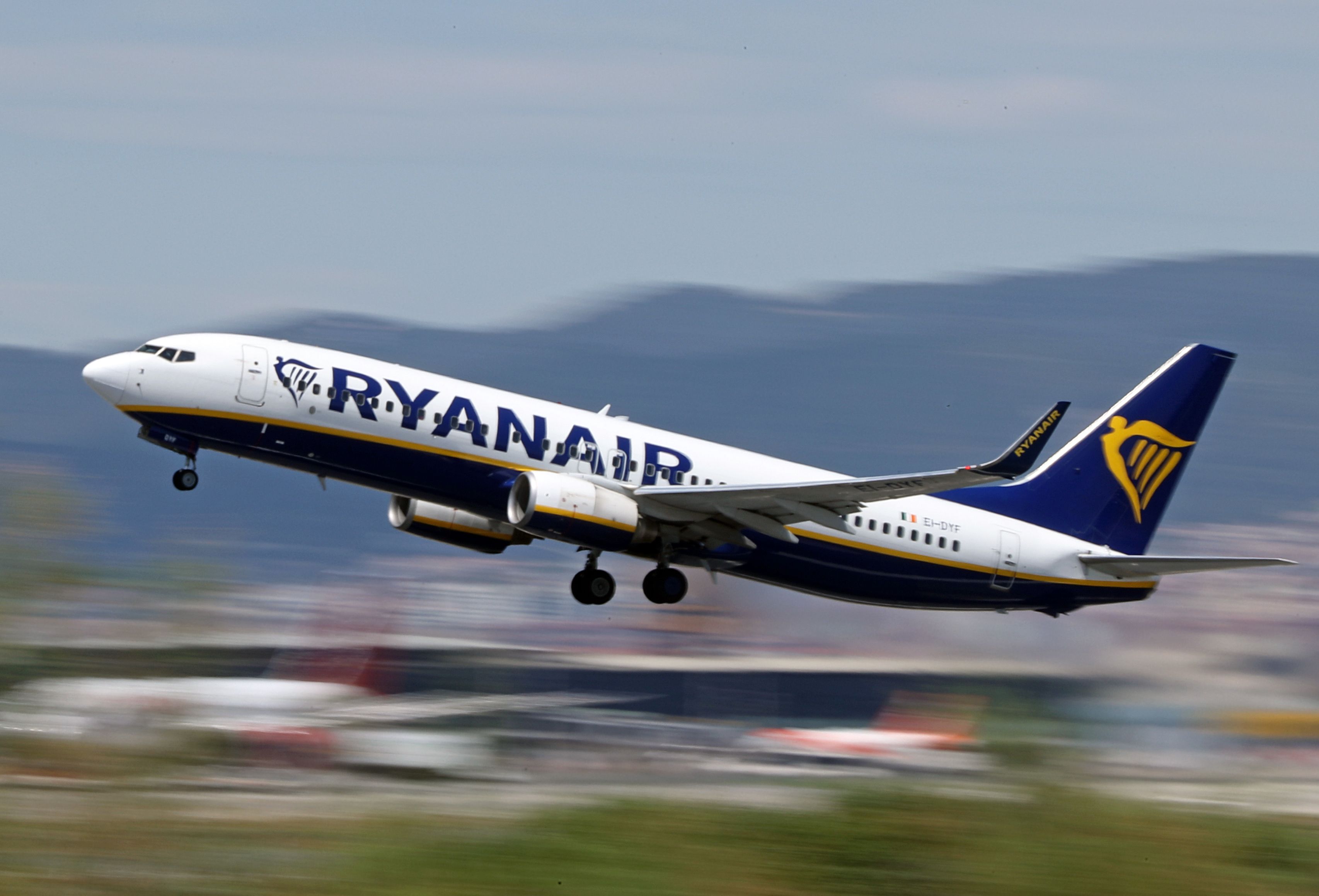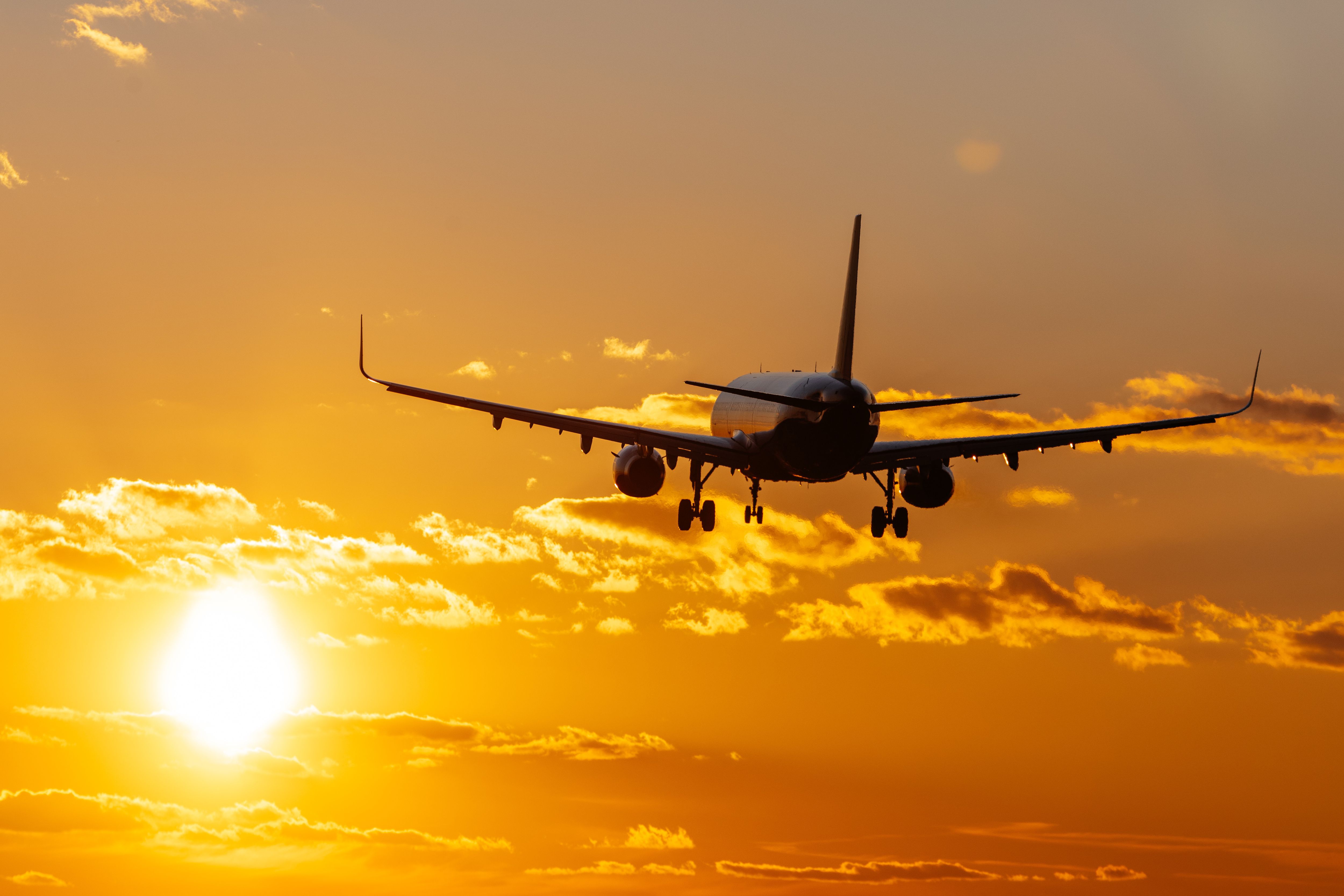Eight months after its last eruption ended, a volcano in southwest Iceland is erupting again. The eruption started today, Wednesday 3rd August. The site is just 32 kilometers (20 miles) away from Iceland’s capital, Reykjavik.
The eruption is very close to Keflavik Airport, Iceland’s international air traffic hub. The airport remains open at the moment with no disruption to flights, but it is unclear if it will stay so. Eruptions in Iceland are not rare: because the country is located above a volcanic hotspot, it receives an eruption every four to five years.
2010 was a year to remember
The aviation industry remembers the 2010 eruption of the Eyjafjallajokull volcano when ash and dust clouds went into the atmosphere across Europe and interrupted flights across the Atlantic.
Millions of passengers were stranded in Europe as aircraft stopped flying over fears that the volcanic ash would cause damage to engines.
Almost all of Northern Europe was closed between 15th and 23rd April, following which different airspaces were closed based on the movement of the ash cloud.
Over 100,000 flights were cancelled across Europe in this period, with the UK and Ireland being particularly hard hit. The UK Government was advising people at the time to make their way to France from where they could catch a ferry across the Channel. It had even chartered busses from Madrid to northern France for this purpose.
It took a while to sort out all the stranded passengers, and airlines criticised the government for being overly cautious in estimating the impact that the ash cloud could have on aircraft.
The most high-profile complaint at the time came from Ryanair, which refused to pay any expenses to anyone who was stranded. This included hotel costs and meals, both of which are an airline’s liability under European Union law.
The law has not been changed even in the face of the COVID-19 pandemic, but airlines were allowed to not pay compensation for flights cancelled at short notice on the grounds that the pandemic posed a heavy financial challenge for the industry. The practice of reimbursing expenses has not changed.
What if another eruption of the same scale happened?
EUROCONTROL and the European Commission have heightened the level of air traffic control coordination in Europe. As a result, and together with technological progress, if a volcanic eruption of the same severity as the 2010 one were to happen, this would lead to far less disruption this time around.
Eamonn Brennan, Director General of EUROCONTROL, said:
“While in 2010 the ash cloud led to some 104,000 flights being cancelled, a similar situation today is estimated to lead to only half the number of cancelled flights - up to 50,000 - with an equally reduced economic impact for airlines, airports, ground handlers and air navigation service providers. This is a clear indication that the collaborative efforts delivered by EUROCONTROL in close cooperation with the European Commission, Member States and the aviation community pays off and leaves us better prepared for any crisis.”
Source: Eurocontrol and Associated Press
Did you experience disruption in April 2010? Let us know what you think of this story in the comments below.



